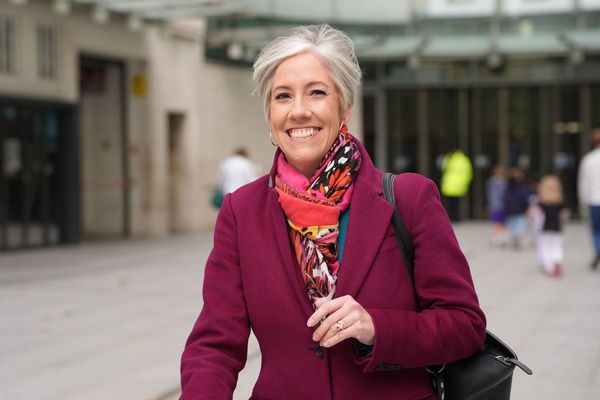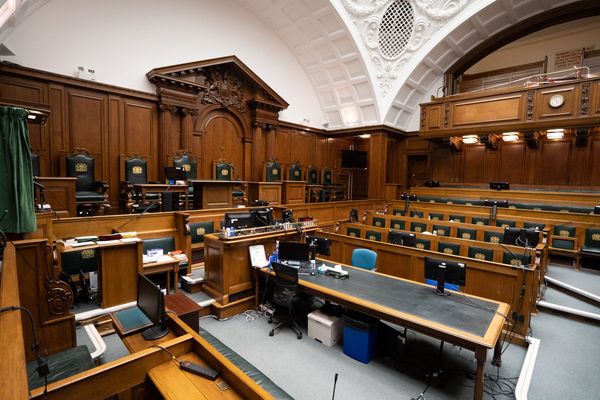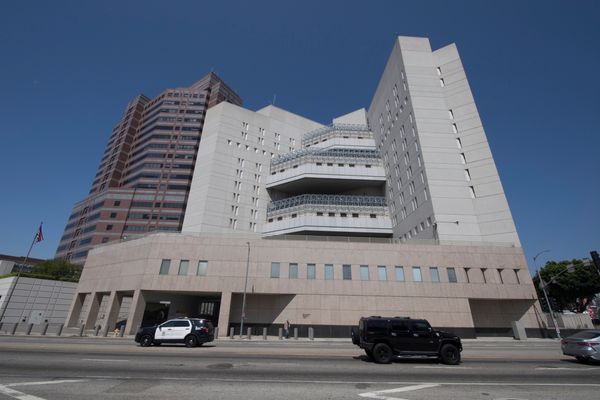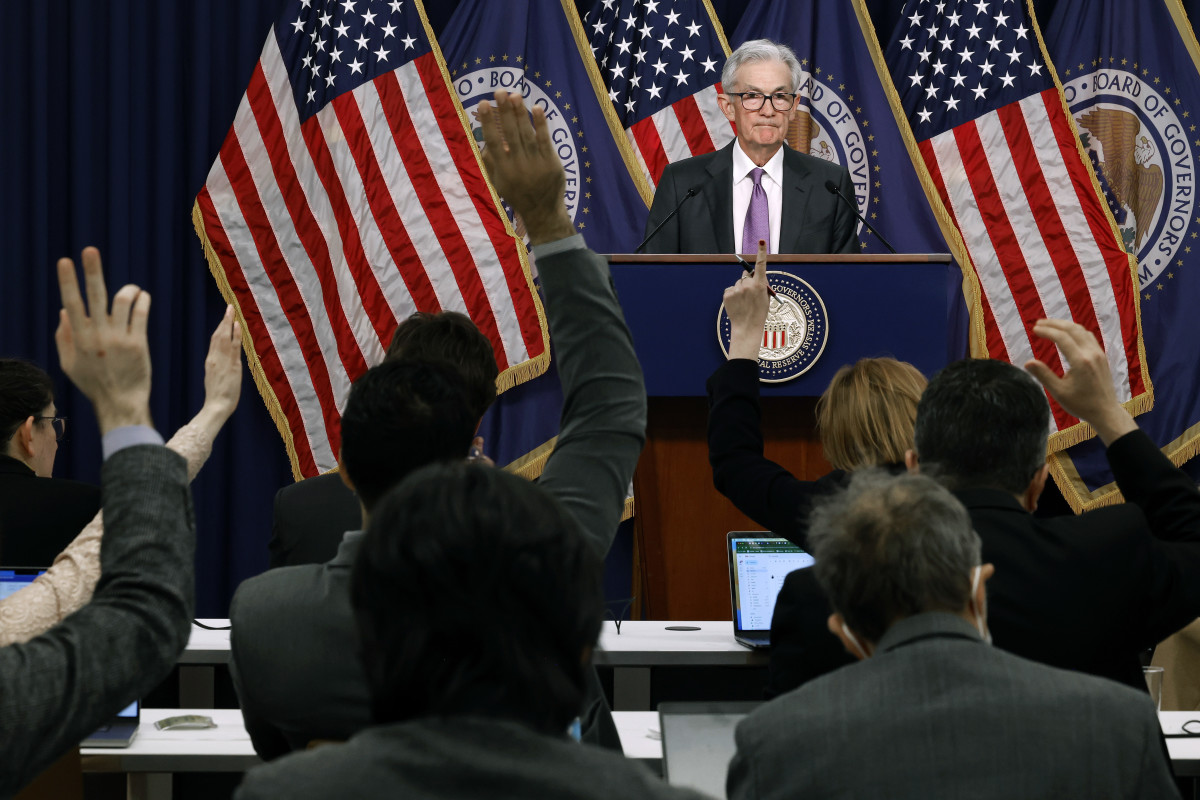
Former New York Federal Reserve President William Dudley, one of the most vocal proponents of 'the need for higher for longer' interest rates to tame inflation, has had a change of heart.
Having advocated for higher Fed rates as early as this spring, Dudley, currently a non-executive director at UBS and chairman of the non-profit Bretton Woods Committee, has made a 180-degree turn.
Related: Vanguard offers surprising view on Fed interest rates
Paraphrasing a quote that many attribute to famed economist John Maynard Keynes, Dudley argued in a Bloomberg opinion piece published Wednesday that 'the facts have changed, so I’ve changed my mind."
"The Fed should cut, preferably at next week’s policy-making meeting," Dudley said.
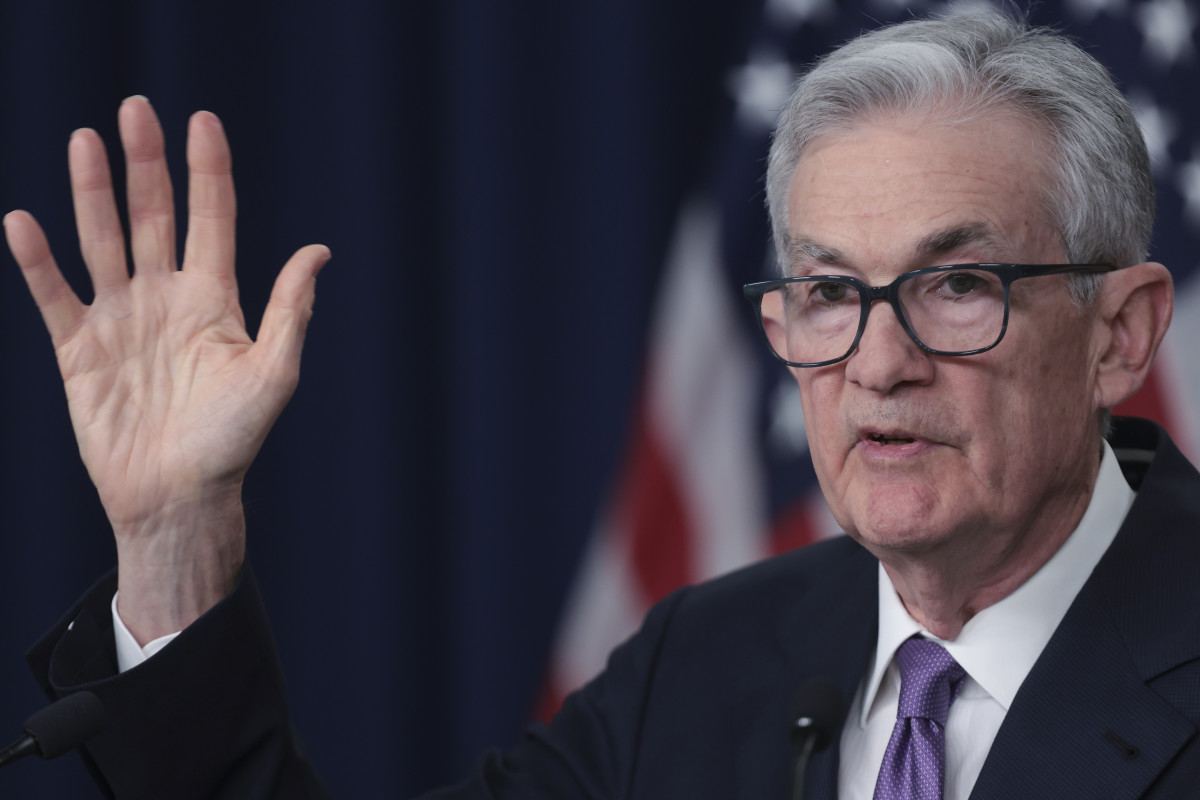
Citing the winding down of pandemic-era savings, the fading impact of Biden Administration spending, a weakening job market, and fading inflation pressures, Dudley thinks waiting until the Fed's September policy meeting could trigger renewed recession risks.
A September Fed interest rate cut in focus
CME Group's FedWatch pegs the odds of a July rate cut at just 5%, but it sees the chances of a Fed cut in September—which will also follow Chairman Jerome Powell's Jackson Hole speech at the end of August—as a near certainty.
Dudley argues that's likely because Powell needs to build a broad consensus among policymakers and is worried that last year's stalled progress on inflation could repeat itself over the back half of 2024.
Related: GDP report delivers Fed soft-landing boost. Can stocks recover?
Fed officials don’t seem particularly troubled by the risk that the unemployment rate could soon breach the Sahm Rule threshold," said Dudley, referencing a benchmark developed by economist Claudia Sahm that suggests recession risks are tied to a 0.5 percentage point increase in unemployment.
"Historically, deteriorating labor markets generate a self-reinforcing feedback loop," Dudley wrote. "When jobs are harder to find, households trim spending, the economy weakens, and businesses reduce investment, which leads to layoffs and further spending cuts."
Softer jobs market resets rate cut forecast
The Labor Department reported earlier this month that employers added 206,000 new jobs in June but noted that the headline unemployment rate rose past 4% for the first time in more than two years.
In his semi-annual testimony to Congress on July 9, Powell said the data suggested the job market remains "strong" while the broader economy is expanding at a "solid pace."
The Commerce Department will publish its first estimate of second-quarter GDP growth before the market opens on Thursday, July 25. Economists expect a 2% advance over the three months ending in June.
Related: Stocks face summer slump as tech rally fades, political risks rise
Data from S&P Global's closely-tracked PMI survey for the month of July, meanwhile, noted a pickup in business activity led by the highest services sector reading since March of last year.
The Bureau of Economic Analysis is set to publish its key PCE inflation index for the month of June, which is also the Fed's preferred gauge, on Friday, July 26.
Markets expect the core deflator to quicken modestly on the month to 0.2%, with the headline reading also rising from May levels.
That isn't likely to compel the Fed to heed Dudley's advice and pull the trigger on a July rate cut, particularly with more data on jobs and inflation expected before Powell addresses the Jackson Hole symposium on August 22.
More Economic Analysis:
- June jobs report bolsters bets on an autumn Fed interest rate cut
- Biden debate flop boosts Trump, but economy may be tougher opponent
- First-half market gains come with a dash of investor un
"What we've said is that we didn't think it would be appropriate to begin to loosen policy until we had greater confidence" that inflation is returning to the Fed's 2% target, Powell told at an event at the Economic Club of Washington last week.
"We've been waiting on that. And I would say that we didn't gain any additional confidence in the first quarter, but the three readings in the second quarter, including the one from last week, do add somewhat to confidence," he added.
Related: Veteran fund manager sees world of pain coming for stocks

